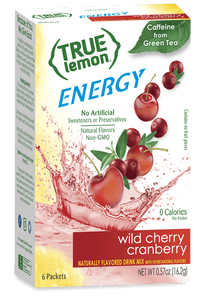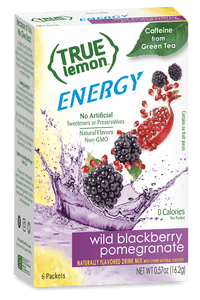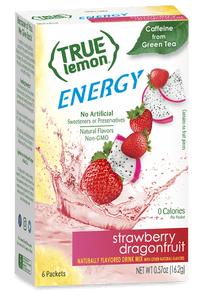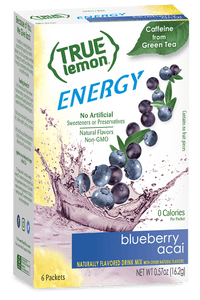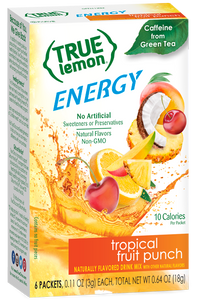September 19, 2022
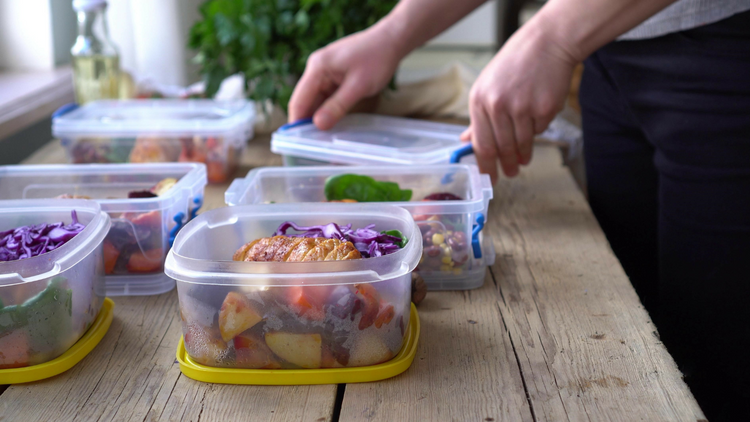
How to Eat Healthy on a Budget
It’s no secret that fast food and other pre-packaged and highly processed meals are both convenient and cheap. But what are the hidden costs?
Compare the price of these foods to the cost of doctor bills and medications associated with diabetes, high blood pressure and heart disease. Some people have genetic and hereditary conditions that cause medical complications. But for a lot of us, health problems like these may be avoidable with a few changes in the way we eat.
Eating healthy food when you live paycheck to paycheck can be tough, for sure. Take a walk through your local grocery store and it’s easy to see why many people choose more processed foods to stock the pantry. The cost comparison is no joke! But with a little planning and food budgeting, you can start implementing healthier choices into your normal shopping trips.
5 Tips To Grocery Shop on a Budget

1. Have a list of healthy items and swaps in mind.
When you’re filling your fridge to get ready for meals throughout the week, think ahead about what you might need and where you can make healthy swaps. Be prepared to pick up two to three proteins, a few different veggies and a few snacks like fruit, nuts and cheese.
Look for fresh produce and whole foods to round out your meal planning. As a general rule of thumb, the closer the item is to the original product, the less processed it is. For example, apple juice is highly processed, unsweetened apple sauce is closer to the original product, and whole apples will be your best choice for the most nutrients.
Buying frozen fruits and vegetables or grabbing bulk items can also help you stretch your dollars. Buy larger packs of meat or produce and portion out the items. You can then freeze what you don’t need immediately to avoid food waste and pull it out later for quicker meal prep. Also try substituting expensive meats for other sources of protein like beans and legumes, whole eggs, and canned fish.

2. Check weekly deals and meal plan ahead of time.
Those weekly deals come in handy! Scan the weekly ad for your grocery store and use the items on sale to plan your meals for the week. For an added bonus, try scheduling your shopping trip on Wednesday if you can swing it. Most grocery stores run ads weekly, Wednesday to the following Wednesday. This means each hump day you can double up on the deals!
Plan to cook at home to save money and avoid the extra costs of take-out.
Locally sourced in-season produce also tends to be lighter on the wallet. So don’t forget your local stores and markets for good deals on seasonal items!
3. Buy store brands and use coupons.
Most grocery stores carry their own branded line. (I.e., Walmart’s Great Value, Target’s Good & Gather, and Costco’s Kirkland Signature.) Store brand items are just as good, if not identical, to the name brands.
Store brands are also great to swap in for other popular items. For example, grab a store brand sparking water instead of fancy flavored beverages. Then pick up a few boxes of True Citrus Lemonade and Limeade to mix in. You can create your own variety of flavors that taste just as good as the name brand beverages, but at a much lower price point. And because True Lemon drink mixes are made with only simple, non-GMO ingredients, you can feel confident you’re staying healthy while drinking more water deliciously.
Check for extra coupons online or in your newspaper circular. Be sure to use them wisely and only for items you know you will use. Coupons are perfect for stocking up on cleaning supplies and household items, too. Cutting your costs on other items you use regularly will leave you more money to spend on nutritious foods.

4. Make a list and stick to it.
Be prepared and avoid impulse buys. Check your weekly ads, plan your meals with healthy recipes, and make your grocery list. Knowing what items you need before you head to the store will keep you focused. Avoid sashaying down the aisles you don’t need and swiping right on that box of cookies that doesn’t meet your requirements.
Pro Tip: DON’T. SHOP. HUNGRY.We’ve all been there. You walk into the store on an empty stomach and shovel all the sweets and treats into your cart at once. The more prepared you are, the more healthy choices you’ll make.

5. Start an at home garden.
If you have a small space and a green thumb (or at least the ability to do a little research), try starting your own garden at home. Gardens are budget friendly. Herbs like basil and mint are fairly easily to grow at home, both indoors and outdoors. Produce like lettuce, tomatoes, squash and carrots are among the easiest for beginner gardeners, and some can be grown year-round. And if you’re garden takes off just pick, chop and freeze your goodies for later.
BONUS: Skip the coffee shop and save with True Lemon Energys
Small, daily costs like buying a latte or a cup of coffee can add up over time, and depending on where you live, a single cup of coffee can cost up to $3. A box of True Lemon Energy comes with six packets and is $4.24.
Each packet has 120mg of caffeine, which is about the same as a large cup of coffee. Unlike coffee, though, True Lemon Energy is powered by clean caffeine from green tea, so you won't get the same kind of caffeine crash that you get with coffee!

Written by
Amy Cimo is a Nutrition Coach, Personal Trainer and Wellness Enthusiast based out of Baton Rouge, Louisiana. After going through her own health journey, she found her passion in helping others find balance between nutrition, physical activity and mindset to live healthy and be truly happy. Amy attended Louisiana State University where she received a Bachelor of Arts in Mass Communication and a Bachelor of Science in Business Administration. She became a Certified Personal Trainer in 2021 through the National Academy of Sports Medicine (NASM) and a Certified Nutrition Coach in 2022 through Precision Nutrition.
More on Health & Wellness


